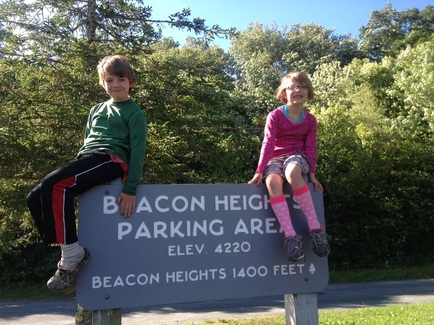 Can you tell our family likes pork? Can you tell our family likes pork? We visit family in Western North Carolina for several weeks, so I found myself thinking of how best to celebrate July 4 with the kids, while Jimmy was smoking pork all day for the evening BBQ. Not that everything has to be a lesson, but I'm sensitive to holidays losing their meaning. So, what do I want Independence Day to mean to my children? What do I love most about my country? The answer is easy: what I love most is the country, the land. And our legacy of wildly stunning public lands are the envy of many other nations. So we piled in the car to get some exercise and some perspective. On the winding drive I explained what a National Park was, and how the Blue Ridge Parkway belonged to every American--even them. Then we started hiking. We live at about 1300 feet elevation.We began our ascent at 2820 and topped out at 4220. We got perspective, alright. Even though they'd been to these mountains previous summers, the kids reacted in awe. They stopped and stared. Then they ran around, staying well back from the edge. There were big rocks to peer under and all sorts of things to discover first. Of course it only felt like they were the first to discover them. Unlike Columbus, though, they didn't try and stake a claim.
Right then it occurred to me that freedom often comes because we agree to share. To share land, roads (and their care). Basic services that I might need more one year and you might need more the next year, but that we each pay into every year, like the National Guard and other military branches. This freedom to experience the natural world is worth fighting for, if you ask me, and is why I'm such a huge advocate for our public lands. There are always politicians out there trying to convince us we're better off selling our National Parks, Forests, Monuments, Wilderness Areas, etc., so they can be run privately. That strikes me as unpatriotic. Certainly it's undemocratic, putting our natural national treasures into private hands. And it's not sharing. So as my kids explored freely, I vowed to take them outside more to places patriots have worked hard to protect and make accessible. To see the beauty of this land and to get to know their country. And I vowed to share more. Except when it comes to bacon.
2 Comments
Recently I had a fun weekend, camping at a friend's remote place in NY--pottery studio, pond with water lilies and Koi, free range dogs and chickens, canoe, strawberry wine, s'mores. . . You get the picture. I brought my kids, and my bestie brought her adult son to meet her new sweetie who's a potter (it was his place). The kids and I hadn't seen her son, Jamie, since Christmas, so we were all excited. After I set up camp, my son wandered over. Gloria was still making stuff with clay and the others, but Gabe was ready to canoe. We don't get a lot of time just the two of us, and being on the pond with him, showing him how to hold the paddle, maneuvering around (and through) the water lilies, and seeing how fast we could go was wonderful. I like that he learns some of this stuff from his mother. That he will not grow up thinking women hate the outdoors or can't handle themselves there or are no fun to be with outdoors.
But I realized I take our outdoor activities for granted. My friend's son, Jamie, lives with a serious, painful back injury that's classified as a disability. He does not complain, but it affects every moment. He wanted to take the canoe out, and my daughter wanted to go with him. It's a small pond, she's a strong swimmer. What's the worst that can happen? They get wet--so what? Ok, the worst that could happen is the attempt is so frustrating it crushes his spirit and makes him feel like he can't do anything. This is called perceived risk, where the risk is emotional or social, and as an outdoor instructor I consider this as important as physical risk. But I believe in experiential education and this was his idea, so we encouraged them to go. He did not ask for help, so his mother and I offered none. We watched from the house as they pulled the canoe to the edge (there was no beach or landing), my daughter got in at the front, and with a lot of shoving and scooching they got the canoe in without getting wet. Then they snaked around the pond, Jamie doing all of the paddling. When done, they even climbed out onto the high bank without tipping over. We whooped from the house where we raised our wine glasses to his success, as Jamie pulled the canoe onto the grass. That night he kept talking about the experience. That half hour empowered him, brought him back to the person he'd been who loved camping. He felt like he regained some of his independence and couldn't wait to report to his aide and doctors. There are so many benefits to outdoor recreation, and most have nothing to do with how "extreme" the activity is. It's us existing in the world without electronics or motors. And to me, remembering that I am an animal is the biggest benefit of all. Here's to you, Jamie. You're such an animal. |
LilaceI write, read, recreate, and raise kids in rural Pennsylvania. I teach part-time in Outdoor Recreation Leadership, Creative Writing, and Women's Studies at Mansfield University. Archives
April 2020
Categories
All
|
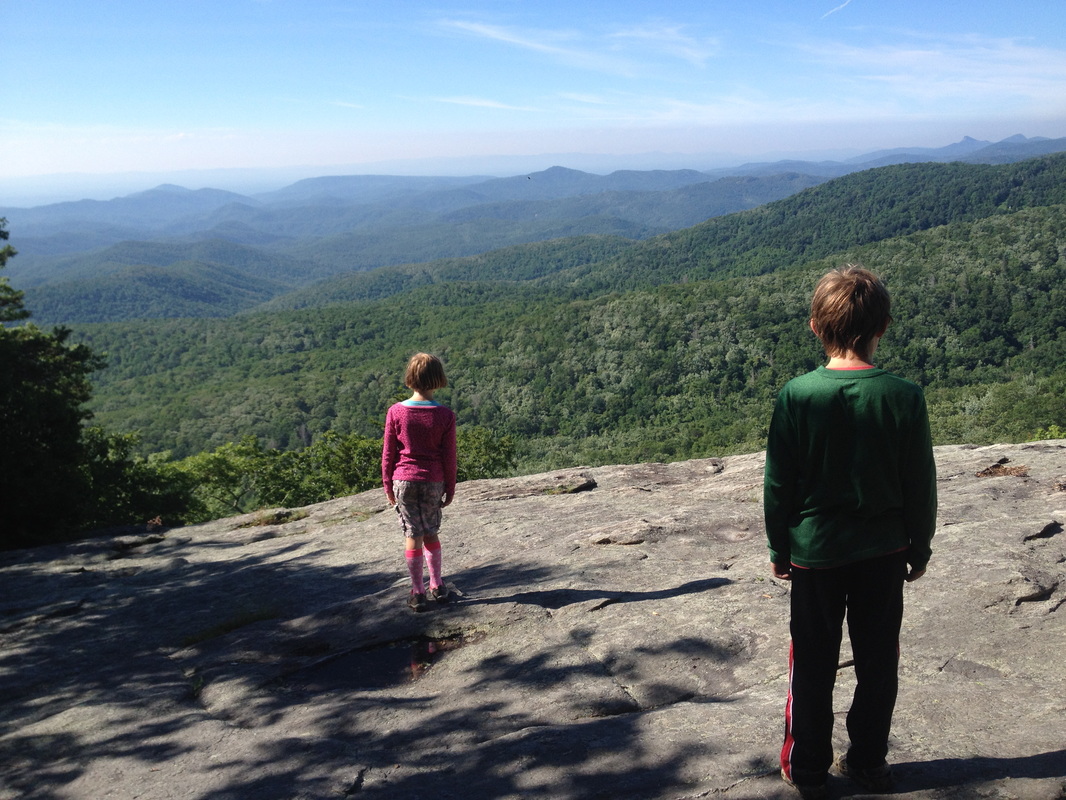
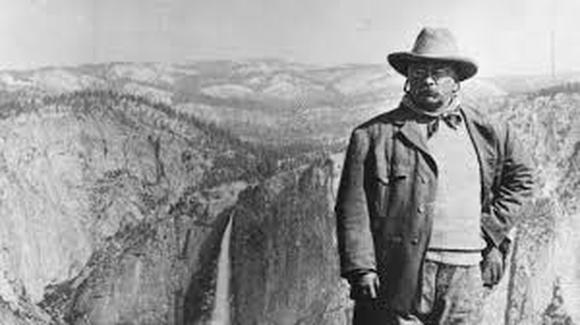
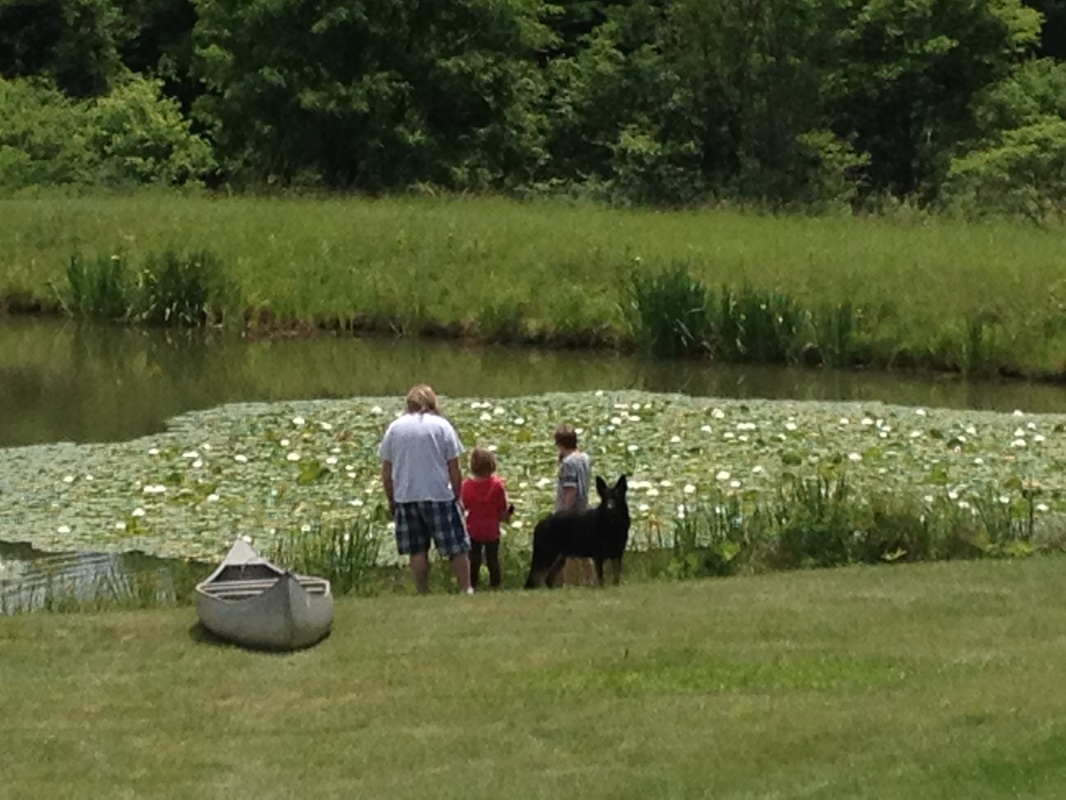
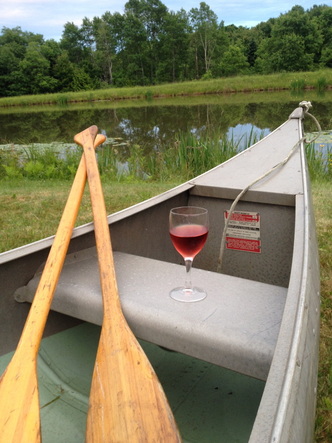
 RSS Feed
RSS Feed
